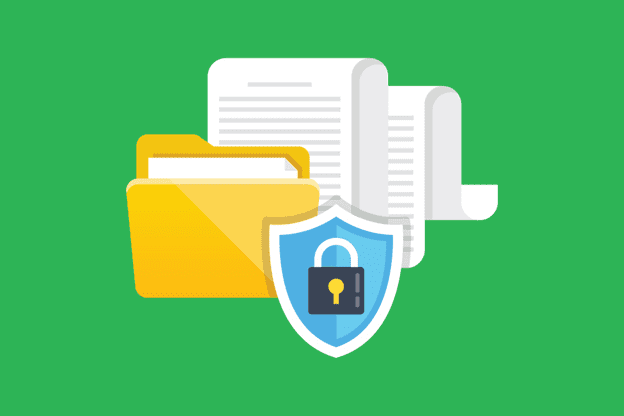In recent years, Internet security protocols have been ramped up to counter rapidly evolving threats. Many users are connecting to the Internet using unsecured connections. Browser-equipped smartphones and tablet computers have made Wi-Fi hotspot usage increasingly popular.
As a result, hackers have more opportunities to intercept personal data. Identity theft has thus become extremely common.
There are ways, however, that users can protect themselves from hackers and people with malicious intent. Internet users should be aware of and utilize these safeguards.
Antivirus Software
Every computer device should have antivirus software installed. Spyware, malware and Trojan horse viruses can be used to gain access to information on any computer. The best way to protect a device from such threats is through an anti-virus program. Regardless of which software a user chooses, it is important that they keep it up to date.
New viruses are created every day. Anti-virus programs that have not been recently updated may not detect and remove these new viruses.
Most anti-virus programs have firewalls integrated within them. A firewall is able to detect incoming scans that hackers employ to breach a computer. Without a firewall, these unwanted incoming connections would not be blocked.
Personal VPN Connections
A VPN, or Virtual Private Network, establishes a secure tunnel through which data is transferred. A VPN connection provides the benefits of data security and Internet privacy. When users access the Internet through a VPN connection, any information they transmit is encrypted.
If the information is intercepted, it will be of no use to the hacker. A best VPN provider will offer both 128-bit and 256-bit encryption. Each supplies excellent security for a user’s personal information and data.
A VPN connection can also provide users with privacy. It does this by masking the actual IP address of the user’s device.
An IP address can be used to track a user’s location as well as monitor their browsing history. Websites track users’ online behavior using their IP address. Many users find this to be an invasion of privacy. Therefore, a VPN connection is a great way to get protection from such activities.
Combining a firewall with a good VPN like NordVPN is the best way to secure a device against hacker threats.
Internet Browsers
Internet browsers include features that provide security against hacker threats as well. Users are advised to make certain that they send any sensitive information over a secure connection. The best way to check for a secure connection is to look at the address bar on the browser.
In an unsecured connection, the address bar would start with “http”. In a secure connection, the address will start with “https”. Additionally, websites may leave cookies on computer devices via Internet browsers. This has the potential to invite security risks.
Therefore, it is recommended that users turn off cookie storage, or delete them regularly.
Protecting one’s personal information and sensitive data is very important. When securing a computer, users have a number of options available. Understanding and using their options will allow users greater protection while browsing the Internet.
AntiVirus Related Topics
- Avast antivirus
- Kaspersky Antivirus 2022
- Kaspersky Mobile Security
- Internet Security basic
- Cyber cafe security
- Eleconic payment security, PIN Security
- Black Friday Success Secrets
- How to Keep Your Personal Information Secure Online?
- User Data Surveillance is Heading IOT Towards Disaster
- Ways to Improve Your Computer Security
- How to Access the Dark Web







